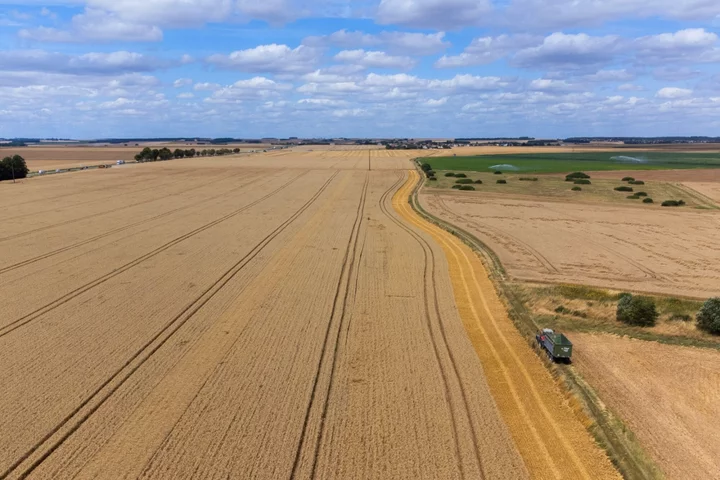The European Union clinched a deal to advance one of the most controversial aspects of its green agenda: how to restore nature that has disappeared due to human activity.
Negotiators from the European Parliament and member states agreed late Thursday on a watered-down plan to return at least 20% of the bloc’s land and sea back to its original state, according to a post on social media.
In an effort to win over critics, it also includes provisions to ensure the bloc’s food security remains robust and that renewables can still be rolled out on protected land. Parliament’s environment committee is set to vote on the measure on Nov. 29.
“This law is a global first,” said committee chair Pascal Canfin before the deal. “That’s why there is concern that it could lead to a stress on food security.”
Approval of the Nature Restoration Law would be a landmark step in the EU’s bid to reach climate neutrality by mid-century. Lawmakers from the center-right European People’s Party nearly derailed the bill over the summer, noting that it could curb food supplies at a time when geopolitical tensions are already causing prices to rise.
Read More: A River at Europe’s Heart Gives Riled Farmers a Climate Solution
It remains to be seen how many EPP lawmakers will back the deal, after previous attempts to block the measure were only narrowly rejected. The group said it had won concessions so that a requirement to renature 10% of farmland was scrapped and an emergency brake put in if food security is threatened.
“The commission’s proposal was ideologically driven, practically infeasible and a disaster for farmers,” said Christine Schneider, an EPP lawmaker. We “will now seriously check the outcome of today’s negotiations.”
Even if it enters into law, the measure has provided an example of the political challenges in making agriculture more environmentally-friendly — a major task the EU will have to overcome this decade if it is to reach its climate goals.
“We need much more substantial progress in cutting emissions in agriculture,” Wopke Hoekstra, the bloc’s climate chief, said last month. Farming will be “different than it used to be.”
(Updates with EPP reaction from sixth paragraph)

